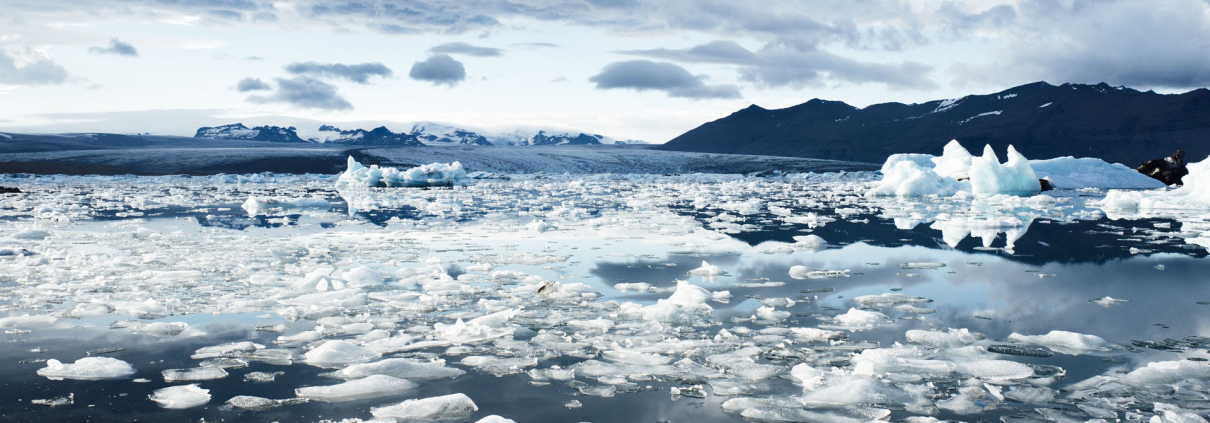The Ocean as a key factor in climate change issues
Know the past
Diving into the distant past of the Earth
The Earthbloom project looks at the history of the Earth 3 billion years ago in order to provide information on the evolution of the first life forms.
A journey into the past through sedimentary basins
The study of sediments deposited on the ocean floor provides information on past climate events.
When humans come to mask natural variability
The sediments of the Brest harbour provide information on the environmental changes that have occurred over the past 150 years.
Know the past
Diving into the distant past of the Earth
The Earthbloom project looks at the history of the Earth 3 billion years ago in order to provide information on the evolution of the first life forms.
A trip into the past through sedimentary basins
The study of sediments deposited on the ocean floor provides information on past climate events.
When humans come to mask natural variability
The sediments of the Brest harbour provide information on the environmental changes that have occurred over the past 150 years.
Understanding the present
The biological carbon pump, a climate regulator
The ocean absorbs nearly 30% of the carbon dioxide emissions that humans generate by burning coal or oil, helping to slow climate change.
Ocean circulation, transports and redistributes energy
The ocean stores, transports and releases heat, helping to regulate temperatures. But climate change is changing the ocean circulation.
Biodiversity and ecosystems facing change
From the Brest bay to the other side of the world, researchers are trying to understand the effect of global warming on marine biodiversity and ecosystems.
Human societies, vulnerable to change
Human societies are already facing the challenges of climate change. People living on the coast are particularly affected.
Understanding the present
The biological carbon pump, a climate regulator
The ocean absorbs nearly 30% of the carbon dioxide emissions that humans generate by burning coal or oil, helping to slow climate change.
Ocean circulation, transports and redistributes energy
The ocean stores, transports and releases heat, helping to regulate temperatures. But climate change is changing the ocean circulation.
Biodiversity and ecosystems facing change
From the Brest bay to the other side of the world, researchers are trying to understand the effect of global warming on marine biodiversity and ecosystems.
Human societies, vulnerable to change
Human societies are already facing the challenges of climate change. People living on the coast are particularly affected.
Preparing for the future
Collaborate to reduce effects and adapt to consequences
The ocean can provide solutions to mitigate climate change but also to adapt to it.
The ocean at the centre of international climate discussions
Since COP 21 in 2015 in Paris, the ocean has been given greater prominence in climate negotiations.
Preparing for the future
Collaborate to reduce effects and adapt to consequences
The ocean can provide solutions to mitigate climate change but also to adapt to it.
The ocean at the centre of international climate discussions
Since COP 21 in 2015 in Paris, the ocean has been given greater prominence in climate negotiations.





